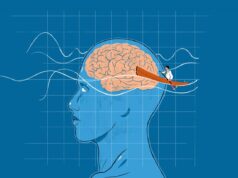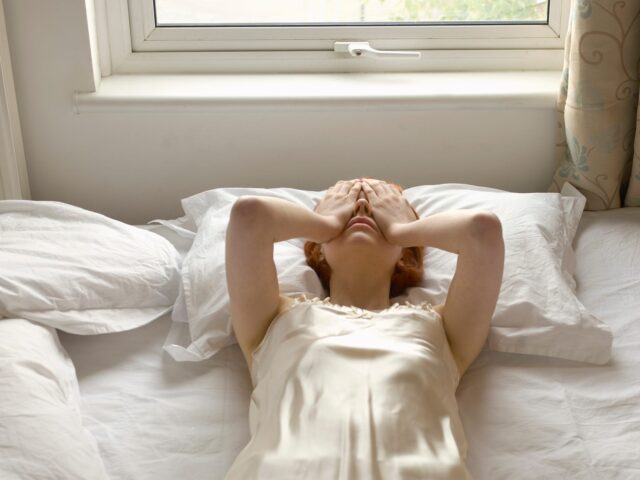
Over the last 15 months, our mental health has been put to the test. People who have never experienced mental health issues are now suddenly finding themselves afraid to go outside or fearful of social situations.
Others who were managing their mental health disorders well could have experienced a sudden jump in symptoms and intensity. Now, they were working from home and unable to do the activities that connected them with others and grounded themselves.
Without these activities, many people’s mental health has gone off the deep end, and they’re not sure what to do.
What do you do when you feel like you don’t want to get out of bed? When it takes every ounce of strength to just do the laundry that’s been piling up for a week? What do you do when you used to be able to grab dinner with friends with no problem, and now you find yourself having a panic attack before walking out the door?
There are many issues that came to the forefront from the pandemic, including depression, OCD, grief, and PTSD. In most cases, the effect of anxiety can be minimised by talking to an anxiety counsellor such as A Kind Place. However, in this article, we’re going to cover perhaps the most widespread mental health issue affecting the world: anxiety.
What is anxiety?
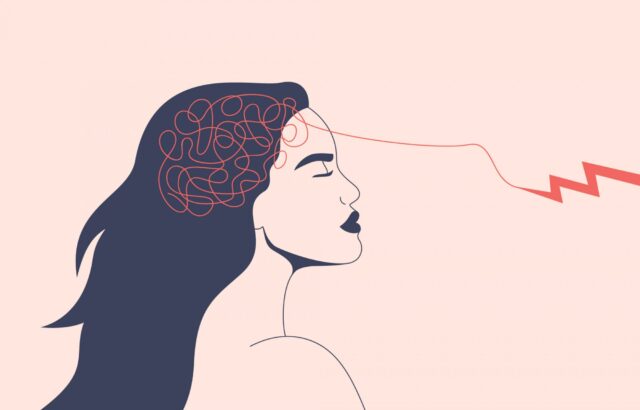
Anxiety has different levels and different focuses. For example, if someone has generalized anxiety, they may feel overly worried about seemingly non-threatening issues. This could include anything from choosing what to wear to calling their dentist to make an appointment.
Other people may have anxiety related to a specific situation. For example, many students suffer from test anxiety – they know the material, but when a test is put in front of them, they freeze and can’t remember anything. They also may experience a racing heart or even have a panic attack.
Another form of focused anxiety is social anxiety. Many people have, again, different intensity levels of social anxiety. Some people love chatting with others but have huge anxiety around presenting to groups or public speaking. Other people can happily converse one-on-one but have a hard time feeling comfortable in groups. Other people experience anxiety in all these situations and tend to isolate themselves away from social gatherings altogether.
When someone is experiencing anxiety, there are many telltale signs: a restriction of the chest, a rapid heartbeat, sweating, and shallow breathing are all common symptoms. Other people may get a rash on their chests or faces or have a hard time enunciating their thoughts or finding their words.
Oftentimes, when you’re experiencing anxiety, the best thing you can do is take a deep breath. If you can, step away for a moment and focus on slowing your breathing and reminding yourself that you’re okay.
When you practice breathing techniques regularly (rather than only in moments of triggered anxiety) you’ll find that your overall anxiety may diminish and your automatic response to take a deep breath will come more easily.
What to do when your anxiety is taking over your life
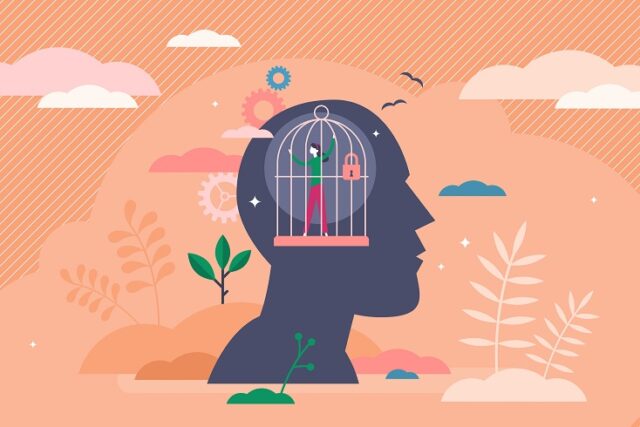
As we mentioned, many people are suffering from anxiety right now. The above situations are relatively moderate examples; these can often be helped greatly by finding a therapist who can help you address some of the underlying issues driving your anxiety episodes.
This therapist may recommend various regulation techniques, or they may prescribe an anti-anxiety medication. It’s your personal choice if you want to manage your anxiety naturally or through medication. Some people opt for cbd oils as it is said to have physical and mental benefits. Know more about it from this website.
However, what do you do when your anxiety is disrupting your daily life? What if you can’t go to work because you’re terrified something is going to happen to you on your commute? What if you avoid leaving your house from the fear of having to chat with someone? What if you can’t bring yourself to go to your child’s piano recital because the thought of being in a crowd makes you feel sick to your stomach?
In these cases, you likely need to take further action than seeing a therapist once a week. If you are currently seeing a therapist, ask them if they know of any strong treatment centers they’d recommend.
If you’re not seeing a therapist, start the research process on your own. Think about what you want out of your treatment experience. Are you wanting to stay in your town? Or would travel to another state be good for you?
Also think about what you want to learn during your stay. Are you more into natural healing and holistic medicine? It may be worth it to look into holistically-focused programs, like The Exclusive Hawaii, and see how their holistic approach aligns with your own personal goals.
Also consider the facility’s specialty. How experienced are they working with clients struggling with strictly anxiety? Are you going to feel out of place in treatment centers that prioritize drug or alcohol addiction?
Try not to put too much pressure on yourself
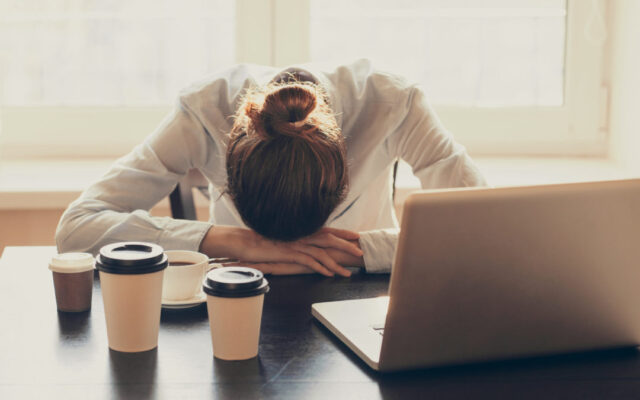
As you pursue various treatment options, whether that is a therapist or anxiety treatment center, try not to add extra pressure onto yourself. (Which, I realize, is very difficult when you have anxiety!)
Try to remind yourself that you’re not bad for having anxiety. It’s not your fault you suffer from anxiety – for whatever reason, you’ve learned to protect yourself by being anxious or worried about certain aspects of the world. When you don’t know the best way to change these behaviors, it’s incredibly difficult to stop this anxiety on your own.
Treating your anxiety is a growing process. You’ll learn a lot about who you are, what you think the way you do, and how you can create a new way of thinking and behaviors.
Most importantly, you’re making your health a priority, and that’s the best thing you could be doing at this point in your life. No matter how bad your anxiety has gotten, the longer you put off treatment, the worse it will likely become.
While this can be a challenging process, the reward at the end of the tunnel is a happier, more connected way of life.






